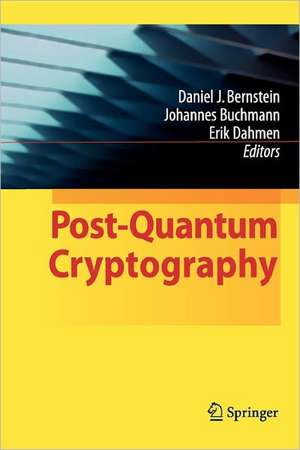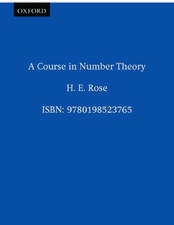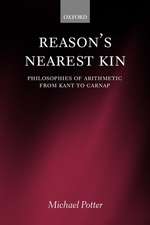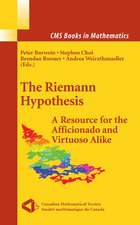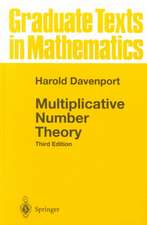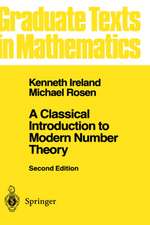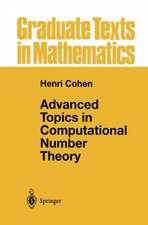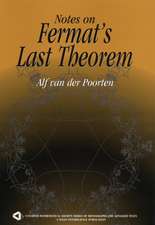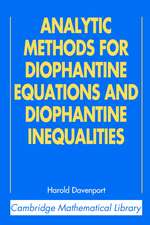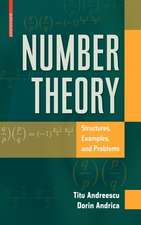Post-Quantum Cryptography
Editat de Daniel J. Bernstein, Johannes Buchmann, Erik Dahmenen Limba Engleză Paperback – 19 oct 2010
Leading experts have joined forces for the first time to explain the state of the art in quantum computing, hash-based cryptography, code-based cryptography, lattice-based cryptography, and multivariate cryptography. Mathematical foundations and implementation issues are included.
This book is an essential resource for students and researchers who want to contribute to the field of post-quantum cryptography.
| Toate formatele și edițiile | Preț | Express |
|---|---|---|
| Paperback (1) | 937.23 lei 6-8 săpt. | |
| Springer Berlin, Heidelberg – 19 oct 2010 | 937.23 lei 6-8 săpt. | |
| Hardback (1) | 943.22 lei 6-8 săpt. | |
| Springer Berlin, Heidelberg – 19 noi 2008 | 943.22 lei 6-8 săpt. |
Preț: 937.23 lei
Preț vechi: 1142.97 lei
-18% Nou
Puncte Express: 1406
Preț estimativ în valută:
179.33€ • 187.26$ • 148.09£
179.33€ • 187.26$ • 148.09£
Carte tipărită la comandă
Livrare economică 15-29 aprilie
Preluare comenzi: 021 569.72.76
Specificații
ISBN-13: 9783642100192
ISBN-10: 3642100198
Pagini: 256
Ilustrații: X, 246 p.
Dimensiuni: 155 x 235 x 20 mm
Greutate: 0.36 kg
Ediția:Softcover reprint of hardcover 1st ed. 2009
Editura: Springer Berlin, Heidelberg
Colecția Springer
Locul publicării:Berlin, Heidelberg, Germany
ISBN-10: 3642100198
Pagini: 256
Ilustrații: X, 246 p.
Dimensiuni: 155 x 235 x 20 mm
Greutate: 0.36 kg
Ediția:Softcover reprint of hardcover 1st ed. 2009
Editura: Springer Berlin, Heidelberg
Colecția Springer
Locul publicării:Berlin, Heidelberg, Germany
Public țintă
ResearchCuprins
to post-quantum cryptography.- Quantum computing.- Hash-based Digital Signature Schemes.- Code-based cryptography.- Lattice-based Cryptography.- Multivariate Public Key Cryptography.
Notă biografică
Daniel J. Bernstein is a research professor in the Department of Computer Science at the University of Illinois at Chicago. Professor Bernstein has received a U.S. National
Science Foundation CAREER award, a Cyber Trust award, three more U.S.government grants, and a Sloan Research Fellowship for his research in computational number theory, cryptography, and computer security. He is the author of several dozen papers and two of the Internet's most popular server software packages, djbdns and qmail.
Johannes A. Buchmann is a Professor of Computer Science and Mathematics at the Technische Universität Darmstadt and an associate editor of the Journal of Cryptology. He received the most prestigious award in science in Germany, the Leibniz Award of the German Science Foundation. He also received the Karl Heinz-Beckurts Award for technology transfer. He is a member of the German Academy of Science and Engieneering.
Erik Dahmen is a PhD student in Prof. Buchmann's research group at the Technische Universität Darmstadt. He received his diploma degree in Mathematics from the Technische Universität Darmstadt in 2006. Erik Dahmen is the author of various research papers on hash-based cryptography.
Science Foundation CAREER award, a Cyber Trust award, three more U.S.government grants, and a Sloan Research Fellowship for his research in computational number theory, cryptography, and computer security. He is the author of several dozen papers and two of the Internet's most popular server software packages, djbdns and qmail.
Johannes A. Buchmann is a Professor of Computer Science and Mathematics at the Technische Universität Darmstadt and an associate editor of the Journal of Cryptology. He received the most prestigious award in science in Germany, the Leibniz Award of the German Science Foundation. He also received the Karl Heinz-Beckurts Award for technology transfer. He is a member of the German Academy of Science and Engieneering.
Erik Dahmen is a PhD student in Prof. Buchmann's research group at the Technische Universität Darmstadt. He received his diploma degree in Mathematics from the Technische Universität Darmstadt in 2006. Erik Dahmen is the author of various research papers on hash-based cryptography.
Textul de pe ultima copertă
Quantum computers will break today's most popular public-key cryptographic systems, including RSA, DSA, and ECDSA. This book introduces the reader to the next generation of cryptographic algorithms, the systems that resist quantum-computer attacks: in particular, post-quantum public-key encryption systems and post-quantum public-key signature systems. Leading experts have joined forces for the first time to explain the state of the art in quantum computing, hash-based cryptography, code-based cryptography, lattice-based cryptography, and multivariate cryptography. Mathematical foundations and implementation issues are included. This book is an essential resource for students and researchers who want to contribute to the field of post-quantum cryptography.
Caracteristici
The contributors to the book take on the big challenge in cryptography, namely: what to do when someone will break the crypto-systems of today Includes supplementary material: sn.pub/extras
